As crazy as a study that throws priests, rabbis, and buddhist monks together then doses them with magic mushrooms sounds — it’s actually been done before.
In 2006, a groundbreaking paper, co-authored by Dr. Roland Griffiths, titled “Psilocybin can occasion mystical-type experiences having substantial and sustained personal meaning and spiritual significance” set a new scope and standard in the scientific study of psychedelics.
It was then followed up in 2017. This time, Johns Hopkins University Baltimore gave psychedelics to a selection of religious leaders. Researcher and psychologist William Richards reflected on the study;
“One of the spiritual insights that occurs reliably is the sense of interconnectedness of us all, the family of man… Which really, I think, is desperately needed in this world.”
Religious practitioners, who are thought to be more plugged in to the mystical, spiritual world can offer a highly intriguing point of view on the psychedelic experience. This, as well as their influence in their respective communities make them key figures to study in relation to psychedelics.
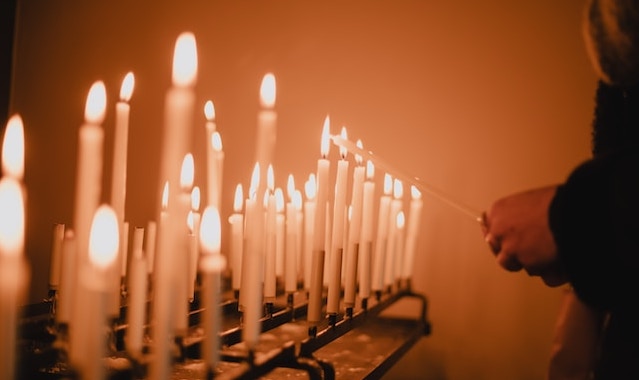
The Mystical Experience and Psychedelics
An esteemed psychedelics researcher for many years, Dr. Griffiths takes a special interest in the mystical-experience aspect of psychedelics. Based on his research he believes that mystical experiences can crucially alter an individual’s worldview. He identifies, within these experiences, three common components. These are; a sense of interconnectedness, a feeling the experience is precious or sacred, and that this specific awareness is more real or ‘true’ than everyday consciousness.
With this as-of-yet unpublished study, Griffiths seems to have found similar results — supporting his original groundbreaking work.
So how did this new study go down?
What We Know So Far…
Researchers at the Johns Hopkins University School of Medicine in Baltimore and NYU Langone Health in Manhattan joined forces to conduct the as-of-yet unpublished study. In it, researchers administered psilocybin, from magic mushrooms, to 24 healthy volunteers. However, here’s the clincher; all the volunteers were also clergy members, and “psychedelically naive” ones at that. The group included rabbis, priests, seminary members and chaplains, and spanned a variety of religions. The research aimed to examine the resulting spiritual encounters, self-reported by the religious professionals.
So, after undergoing thorough screening and preparation, each volunteer was separately given two doses of synthetic psilocybin in a supervised, and comfortable setting. The researchers documented the mystical experiences that occurred during these sessions. They also planned to follow-up with the volunteers to explore how these experiences may have helped or hindered their religious practice.
Dr. Griffiths, who is again a lead researcher on this study, shared that the scientists have agreed not to discuss the specific findings until they are published. However, with a little teasing tid-bit he notes that the results directly echo his earlier research on mystical experience.
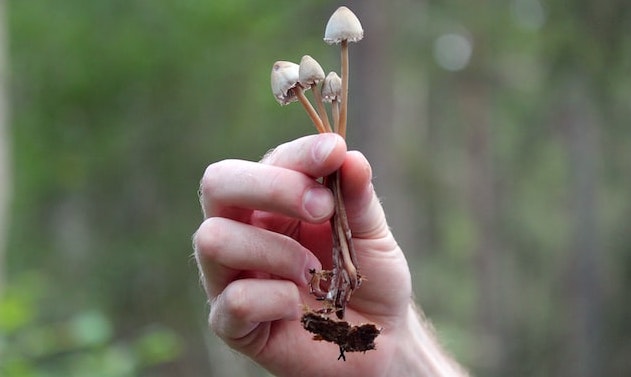
“More in Love with the Mystery of God”
Additionally, some anonymous responses to the new study by the participants were presented at the Psychedelic Science session by T. Cody Swift, co-director of the Riverstyx Foundation.
The currently unpublished follow-up interviews with the participants, conducted 7 and 21 months after the second and final psilocybin session, contain incredible insight into their experiences.
Religious Leaders Given Psilocybin Share ‘Mystical Experiences’
Some participants said that they felt “increased openness to other religious pathways”. Another said that rituals and customs of religious holidays now felt “more like a lived practice” as opposed to “just going through the motions.” One described a “purging of the ego” that initially seemed hellish but culminated in a “deepened sense of humility.” Another said they were “more in love with the mystery of God.” One participant, of Muslim faith reflected;
“I didn’t see God, but I felt God the whole time.”
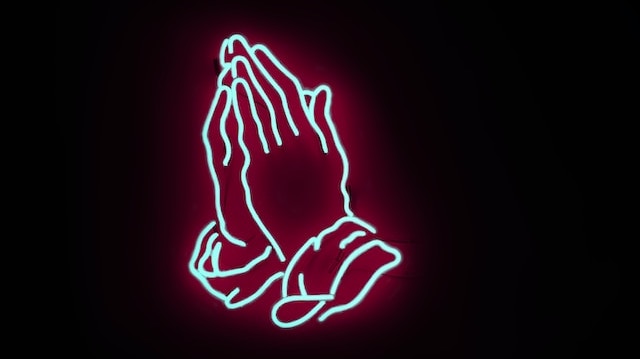
Two of the twenty-four clergy members found that returning to preaching the same doctrines was difficult. They also expressed frustration that they could not share their experiences with their congregation, causing a “sense of isolation.”
The Transformative Power of Psychedelics
During the Psychedelic Science conference in June, Griffiths said that the research subjects in the new study considered their psychedelic trips “among the most spiritually and personally meaningful experiences of their lifetime.” The sentiment of the subjects had been notably similar in his previous research study.
Dr. Griffiths’ Mystical Legacy
Griffiths has been a trailblazer of psychedelic research for many years. He has studied the therapeutic effects of psychedelics on depression, addiction, anorexia, and end-of-life-anxiety, among many other conditions. However, in his original study on how psychedelics impact mystical experiences, he emphasized his surprise, despite his lengthy career, on how persistent and lasting the positive changes reported by the subjects were. In an interview he intoned;
“Weeks, months, years after having their experience our volunteers were attributing enduring, fundamental, and positive changes to that psilocybin experience… It was completely different from the many other psychoactive drugs that I have studied.”
Doubling down on this rich research field, earlier this year he launched The Roland R. Griffiths, Ph.D. Professorship Fund in Psychedelic Research on Secular Spirituality and Well-Being. This program will continue his legacy and further research in this area. Griffiths himself, is suffering from terminal cancer. He believes that it is vital to continue this new direction of research into psychedelics after he is gone. At the Psychedelic Conference he said;
[with psychedelics] “We have the potential to wake up to a sense of freedom, peace, joy and gratitude that sadly, most of the world, I think, finds unimaginable… It may ultimately be important to the survival of our species.”
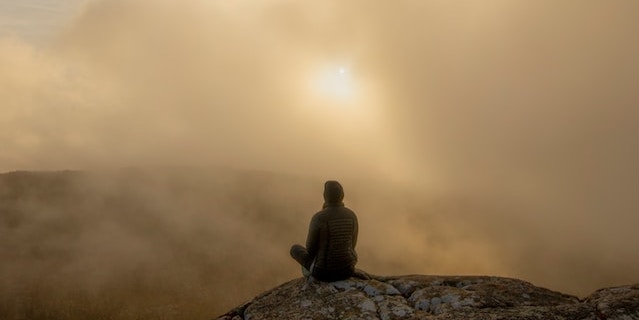
“The Marriage of Science and the Sacred”
The final results of the study — separate quantitative and qualitative studies — will be published later this year, according to Anthony Bossis of NYU, another member of the research team. Bossis states; “the marriage of science and the sacred are the best hope we have for moving forward.”
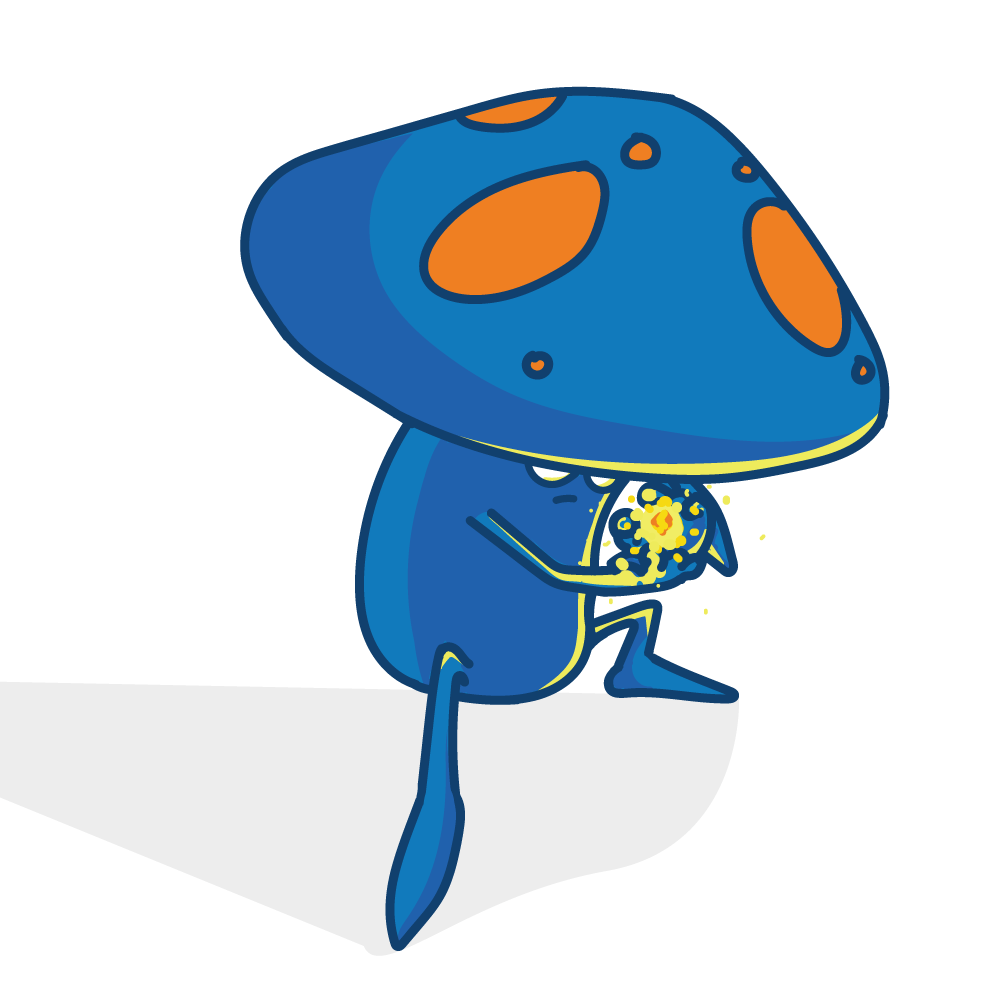
The mystical experience — it may be closer at hand than you think...





